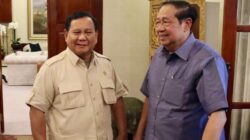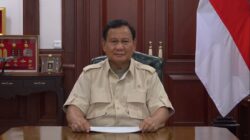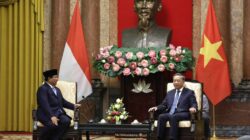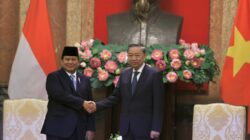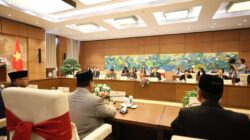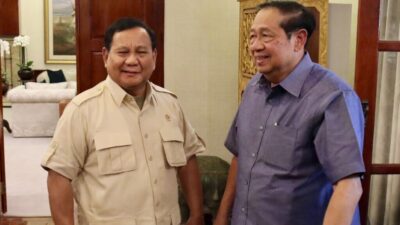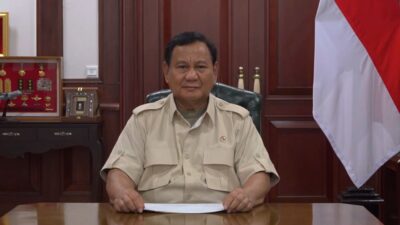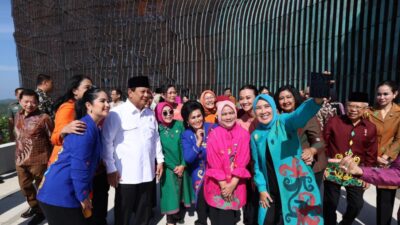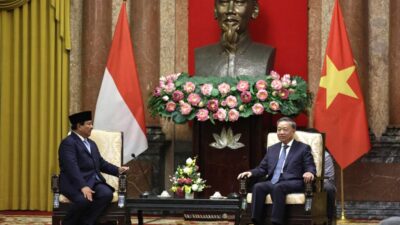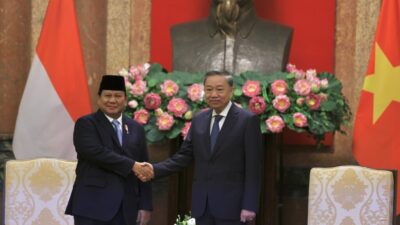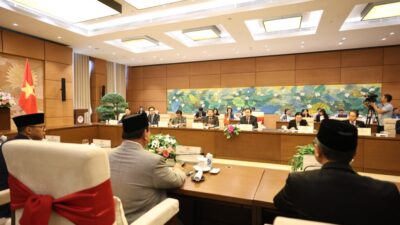By: Prabowo Subianto [taken from the Book: Military Leadership Notes from Experience Chapter I: Exemplary Leaders of The Indonesian Armed Forces]
Following the proclamation of Indonesian Independence on August 17, 1945, I Gusti Ngurah Rai traveled to Yogyakarta to meet with General Sudirman. He sought General Sudirman’s approval to establish the Army of the Republic of Indonesia (TRI) in Bali and Nusa Tenggara, also known as Lesser Sunda (Sunda Kecil).
Subsequently, I Gusti Ngurah Rai returned to Bali, where he recruited troops and initiated attacks on Dutch outposts that remained in Bali after World War II. Since the Japanese occupation in 1942, I Gusti Ngurah Rai had been gathering Balinese youths under the Anti-Fascist Movement (GAF).
By September 1946, the Dutch launched an offensive, culminating in an attack on the troops led by I Gusti Ngurah Rai in Margarana Village near Ubud on November 19, 1946.
Despite an offer from Dutch Infantry Captain JBT Konig to surrender and spare both him and his troops, I Gusti Ngurah Rai refused. In a letter addressed directly to Dutch Lieutenant Colonel Termeulen on May 18, 1946, I Gusti Ngurah Rai declared Bali’s security as their responsibility and vowed to continue fighting until the Dutch were removed from the island.
This unwavering stance reflected I Gusti Ngurah Rai’s patriotism and dedication to resisting the invaders without compromise. He led the TNI forces in a fierce battle known as the Puputan in Margarana, or “the all-out war,” against the Dutch forces.
On November 19, 1946, I Gusti Ngurah Rai and his troops fought relentlessly against the Dutch forces, despite facing superior personnel and weaponry. The battle ended with all TRI troops, including I Gusti Ngurah Rai and his Chief of Staff I Gusti Putu Wisnu, being killed.
The bravery and leadership displayed by I Gusti Ngurah Rai and his troops set a lasting example for future generations of the TNI. His sacrifice and patriotism in leading from the front line continue to inspire military leaders to this day.
